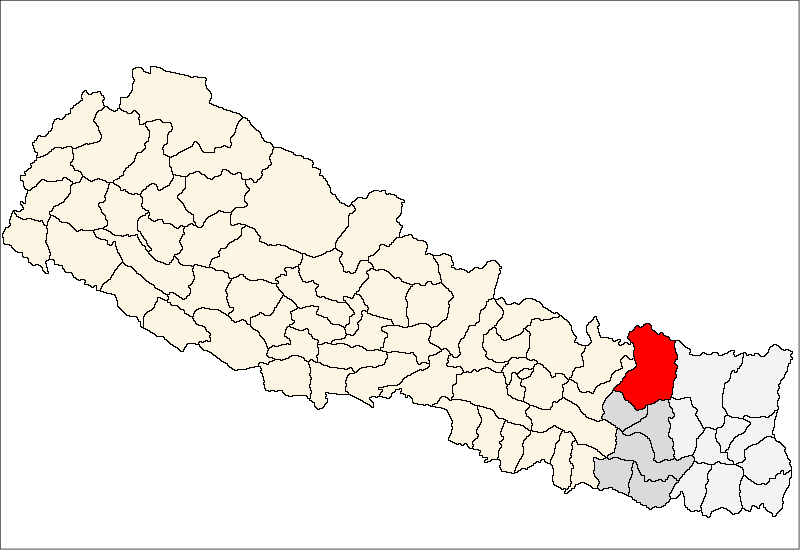
OR
NRB continues with tightened monetary policy through mid-term review
Published On: February 11, 2023 08:30 AM NPT By: Republica | @RepublicaNepal

Adopting too much lenient policy could again results in the external sector imbalance
KATHMANDU, Feb 11: Nepal Rastra Bank (NRB) has made provisions for banks and financial institutions (BFIs) to restructure and reschedule the outstanding loans up to Rs 20 million given to small and medium enterprises (SMEs) by mid-July 2024 in an attempt to give respite to the SMEs.
Unveiling the mid-term review of the Monetary Policy 2022/23 on Friday, the NRB has taken a flexible policy for the SMEs. According to the central bank, the BFIs can take the decision for the SMEs that were in operation as of mid-January.
Apart from taking a lenient policy under selective headings, the NRB however has been firm on not altering the tightened monetary policy that it has adopted for the current fiscal year. Despite withstanding an increasing pressure from the private sector, the NRB is not considerate on revising the major monetary measures to ease money supply in the financial system.
The NRB has kept the cash reserve ratio (CRR) and the Statutory Liquidity Ratio (SLR) constant. Through the monetary policy, the NRB has maintained the SLR at 12 percent for commercial banks and 10 percent each for development banks and finance companies. Similarly, the CRR has been kept at 4 percent.
Citing the possible risk of increasing import and adversely affecting the country’s balance of payments, the central bank has put forth the reasons for continuing the contractionary monetary policy.
“The tightened monetary policy has resulted in gradual correction in the balance of payments and positive impacts to check the soaring prices. However, removing all import restrictions and scrapping the cash margin could again increase the import expenses,” reads the NRB report.
Dipendra Bahadur Chhetri, an economist, said the NRB has maintained the monetary policy almost unchanged except on a few issues including the reduction of the bank rate.
You May Like This

Former NRB governors urge central bank to take caution while devising Monetary Policy 2023/24
KATHMANDU, June 16: Former governors of Nepal Rastra Bank (NRB) have urged the central bank to enforce prudent measures through... Read More...

Banks to open for half a day despite public holiday today
KATHMANDU, Feb 13: Nepal Rastra Bank (NRB) has instructed the banks and financial institutions (BFIs) to operate essential banking services... Read More...

NRB to issue repo worth Rs 50 billion
KATHMANDU, Dec 29: Nepal Rastra Bank (NRB) is to issue a repo worth Rs 50 billion for managing liquidity in... Read More...




Just In
- Nepal's ready-made garment exports soar to over 9 billion rupees
- Vote count update: UML candidate continues to maintain lead in Bajhang
- Govt to provide up to Rs 500,000 for building houses affected by natural calamities
- China announces implementation of free visa for Nepali citizens
- NEPSE gains 14.33 points, while daily turnover inclines to Rs 2.68 billion
- Tourists suffer after flight disruption due to adverse weather in Solukhumbu district
- Vote count update: NC maintains lead in Ilam-2
- NAC's plane lands at TIA after its maintenance in Israel














Leave A Comment